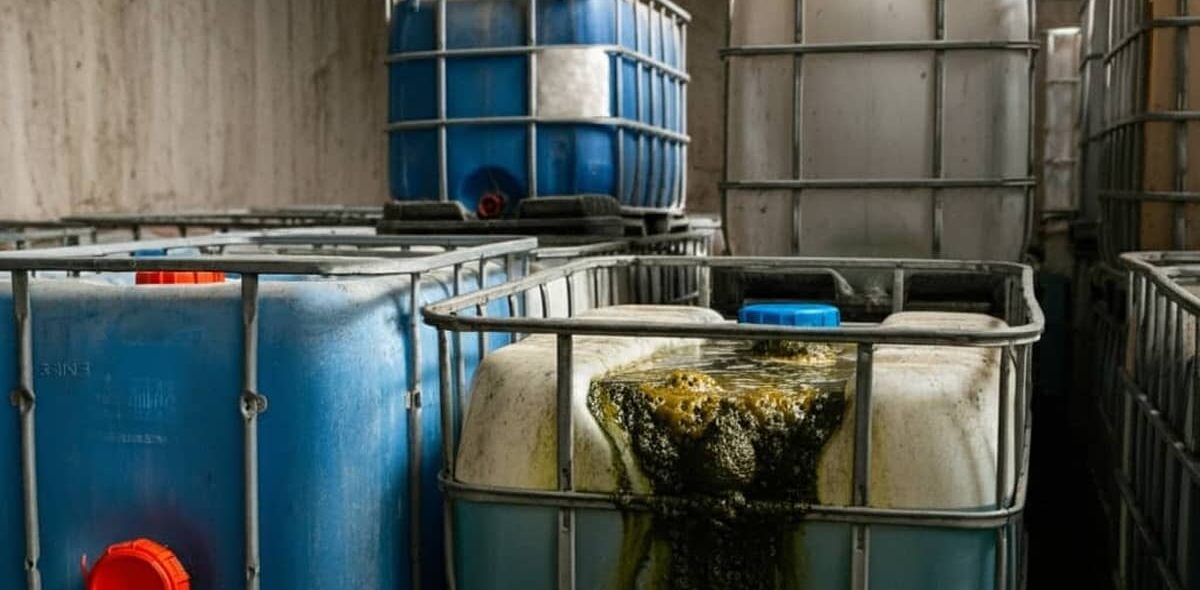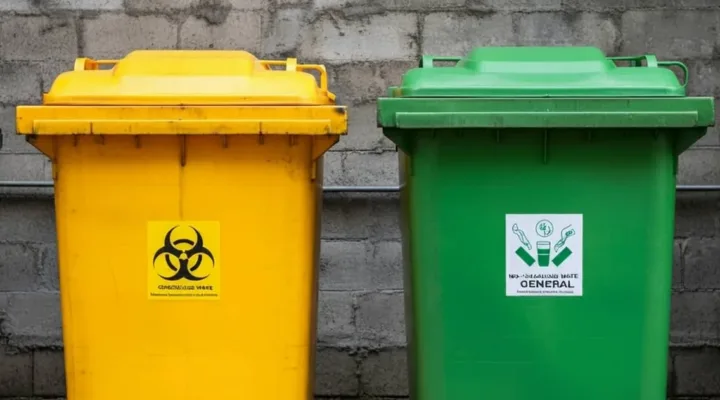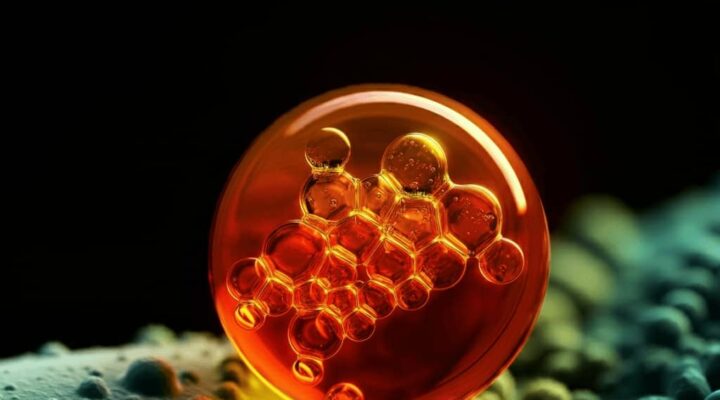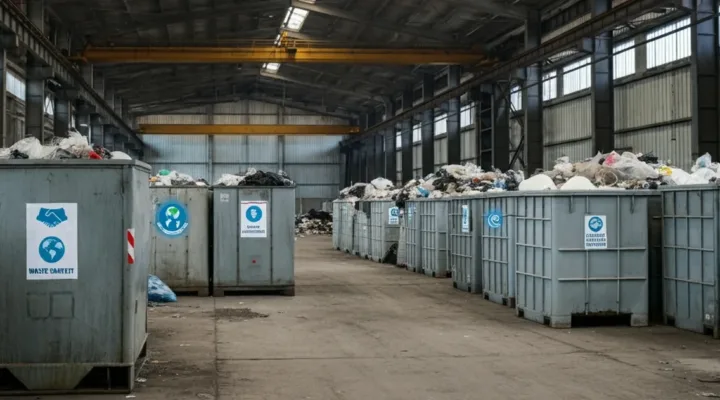Effective industrial wastewater treatment is vital for businesses in Malaysia. With the rapid pace of industrial development, untreated wastewater can lead to serious environmental consequences, including pollution of water bodies and damage to ecosystems. Moreover, improper wastewater treatment can result in heavy regulatory fines and penalties, making it essential for industries to adopt best practices in wastewater management.
This guide provides an overview of the most effective wastewater treatment methods for different industries, highlighting key practices that ensure compliance with Malaysian regulations and promote sustainability.
Why Industrial Wastewater Treatment is Important
Industrial wastewater treatment plays a crucial role in protecting both public health and the environment. Many industries, including manufacturing, food processing, chemical production, and electronics, generate large amounts of wastewater containing harmful pollutants.
Untreated wastewater can contain toxic chemicals, pathogens, heavy metals, and thermal waste that pose significant health risks to communities and have severe impacts on aquatic ecosystems. To mitigate these risks, industries must treat their wastewater to meet discharge standards set forth by Malaysia’s Environmental Quality Act 1974 and the related Environmental Quality (Industrial Effluent) Regulations 2009.
Compliance with these regulations is mandatory, and failure to do so can lead to serious consequences, including fines, legal action, and potential disruption of operations.
Common Types of Industrial Wastewater
Industries generate different types of wastewater, each with specific treatment requirements. Some common types include:
- Chemical Waste: Chemical manufacturing, pharmaceuticals, electronics production, and metal finishing industries often produce wastewater containing harmful chemicals and heavy metals. This type of wastewater is particularly harmful as it can lead to long-term soil and water contamination if not treated properly.
- Biological Waste: Wastewater from food processing, agriculture and pulp and paper production contains high levels of organic material. Biological waste can result in the depletion of oxygen in water bodies, disrupting aquatic ecosystems. Effective biological treatment processes are crucial to breaking down organic pollutants.
- Thermal Waste:High-temperature wastewater is generated by industries that rely on cooling systems, such as power plants, petrochemicals and steel mills. Discharging untreated thermal wastewater can increase water temperatures in natural ecosystems, affecting aquatic life and biodiversity. Cooling and temperature regulation are essential for handling this type of wastewater.
If not managed properly, untreated wastewater can cause significant harm to the environment, affecting water quality and harming aquatic life and local communities.
Effective Industrial Wastewater Treatment Methods
To effectively treat industrial wastewater, it’s important to use the right combination of treatment methods based on the type and composition of the wastewater. Below are the key methods for treating industrial wastewater and meet discharge standards.
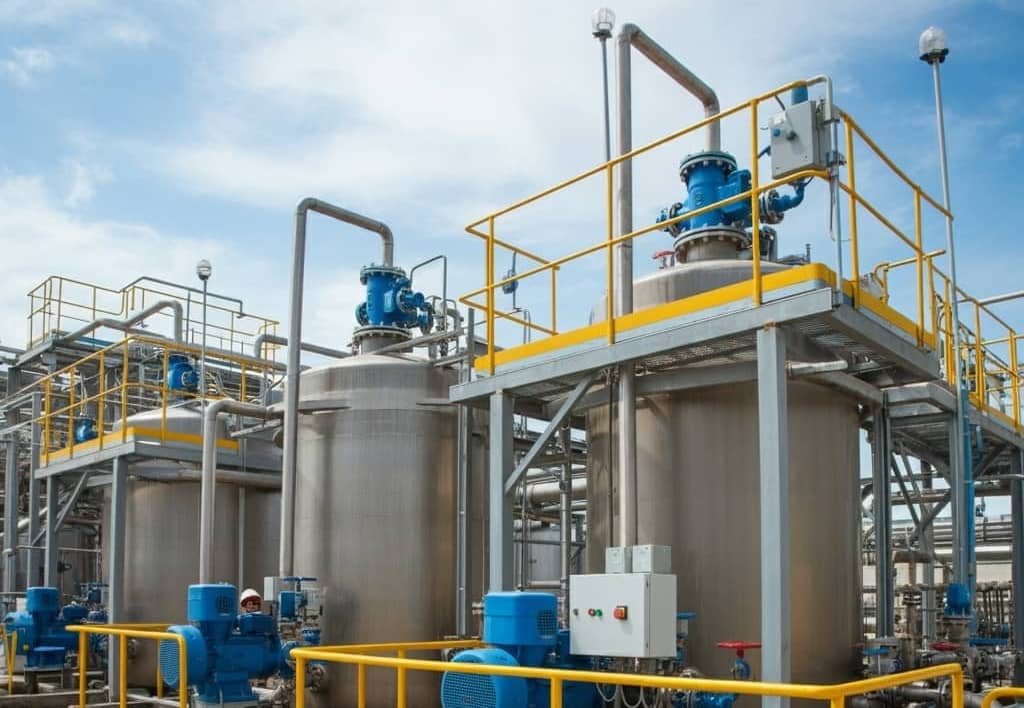
- Primary Treatment: The primary treatment stage aims to remove large particles and solids from wastewater. Primary treatment is essential as it prepares wastewater for more complex processes in secondary and tertiary treatment stages. Common methods include:
- Screening: Filtering out large debris and solid waste.
- Sedimentation: Allowing heavy solids to settle at the bottom of a treatment tank for removal.
- Filtration: Removing smaller suspended particles to prepare the water for secondary treatment.
- Secondary Treatment: This stage focuses on biological processes to remove dissolved organic matter. Secondary treatment is particularly effective for wastewater rich in organic materials, such as wastewater from food processing and agriculture industries.
- Activated Sludge Process: Microorganisms are introduced to wastewater to break down organic material.
- Trickling Filters: Wastewater passes over a bed of materials where bacteria break down pollutants.
- Biofilms: Biofilms are used to treat organic waste by allowing microorganisms to attach to a surface and digest contaminants.
- Tertiary Treatment: The final stage of treatment involves advanced processes to remove any remaining contaminants. Tertiary treatment is often necessary for industries that need to meet stricter discharge standards or reuse treated wastewater in their processes.
- Filtration: Advanced filtration methods, such as sand or membrane filters, are used to remove fine particles.
- Disinfection: Techniques such as chlorination or UV treatment are applied to kill pathogens and ensure the treated water is safe for discharge.
- Membrane Technology: Ultrafiltration and reverse osmosis are used to remove dissolved substances, including heavy metals.
- Sludge Management: During wastewater treatment, sludge is generated as a byproduct. Proper sludge management ensures that the solid waste produced during the treatment process is handled safely and sustainably.
- Incineration: Burning the sludge to reduce its volume.
- Land Application: Using treated sludge as a soil conditioner in agriculture.
- Composting: Composting sludge to create organic fertilizer.
Best Practices for Industrial Wastewater Treatment
Implementing best practices in industrial wastewater treatment ensures that industries not only comply with regulations but also operate sustainably. Below are key best practices to follow:
Regular Monitoring and Testing
- Monitoring wastewater quality throughout the treatment process is essential to ensure compliance with discharge standards. Regular testing helps detect any deviations or issues in the treatment process that could result in non-compliant discharge.
- Tools and Technologies: Real-time monitoring systems can measure parameters such as pH levels, chemical oxygen demand (COD), biological oxygen demand (BOD), and temperature to ensure wastewater quality is maintained at every stage.
Optimizing Treatment Processes
- To reduce operational costs and increase efficiency, industries should optimize their treatment methods based on the type of wastewater generated. For example, industries that produce organic waste may prioritize biological treatment methods, while those dealing with chemical waste should focus on filtration and neutralization processes.
- Energy-Efficient Technologies: Implement energy-saving technologies, such as solar-powered wastewater systems, to reduce the environmental footprint of the treatment process and lower energy costs.
Proper Sludge Disposal
- Sludge, the byproduct of wastewater treatment, must be handled and disposed of safely to avoid environmental harm. Using certified disposal methods, such as incineration or land application, ensures compliance with Malaysia’s environmental regulations.
- Recycling Sludge: Some industries may explore opportunities for recycling sludge into agricultural applications, provided it meets safety standards.
Continuous Improvement and Innovation
- Industries should adopt the latest technologies and methodologies for wastewater treatment to improve efficiency and reduce the environmental impact. New advances in filtration, disinfection, and membrane technologies offer more effective ways to treat wastewater.
- Sustainability: Implementing water recycling systems within the facility can reduce the volume of wastewater discharged and conserve water resources, which aligns with global sustainability goals.
By following these best practices, industries can achieve more efficient wastewater management, reduce costs, and ensure compliance with Malaysia’s environmental regulations.
Regulatory Compliance in Malaysia
Industries in Malaysia must comply with strict regulations regarding the treatment and disposal of industrial wastewater. These regulations are designed to protect water bodies, public health, and the environment from the harmful effects of untreated or poorly treated wastewater.
Key Regulations
- Environmental Quality Act 1974: This act sets the legal framework for environmental protection in Malaysia, including regulations for the discharge of industrial wastewater. Industries must adhere to the standards set forth by the Department of Environment (DOE) under this act.
- Environmental Quality (Industrial Effluent) Regulations 2009: These regulations specify the permissible limits for various pollutants in industrial effluents, including parameters such as pH levels, chemical oxygen demand (COD), and heavy metals. Industries must treat their wastewater to meet these standards before discharge.
Key Compliance Obligations for Businesses
- Effluent Discharge Standards: Industries must treat their wastewater to ensure that it meets the discharge standards set by the DOE before releasing it into water bodies.
- Regular Reporting: Businesses are required to regularly monitor and report the quality of their treated effluent to the DOE to demonstrate compliance with environmental regulations.
- Effluent Treatment Systems: Industrial facilities must implement appropriate wastewater treatment systems to handle the type and volume of wastewater they generate. The system should be designed to meet both primary, secondary, and, if needed, tertiary treatment standards.
- Zero Discharge Policy (ZDP): Since June 2024, the Selangor state government launched the Zero Discharge Policy (ZDP), encouraging premises in Selangor to recycle and reuse effluent from their operations instead of discharging it into water sources. Among sectors covered by the policy are aquaculture (involving fresh water, brackish and saltwater), development or land work, poultry, animal farms, industrial vehicle cleaning, sand mining, slaughterhouses, industrial, recreational activity, sewer management, solid waste management and water services. This initiative aims to promote sustainable water management and reduce the environmental impact of industrial activities.
Consequences of Non-Compliance
Non-compliance with Malaysia’s industrial wastewater regulations can result in significant penalties, including:
- Fines and Legal Action: Industries found in violation of discharge standards can face fines of up to RM10 million and/or imprisonment for a period up to 5 years based on the latest Environmental Quality (Amendment) Act 2024, depending on the severity of the breach.
- Operational Disruptions: Repeat offenders or severe violations may result in the temporary or permanent suspension of a facility’s operating license.
- Environmental Liabilities: Businesses responsible for contaminating water bodies with untreated wastewater may be held financially responsible for environmental cleanup costs, which can be substantial.
By adhering to these regulations, businesses can avoid fines, protect the environment, and maintain a positive reputation.
Conclusion
Adopting best practices for industrial wastewater treatment is critical for businesses in Malaysia to protect the environment, comply with legal requirements, and avoid costly penalties. From primary treatment to advanced technologies like membrane filtration and sludge management, industries must choose the right methods based on their specific needs.
By following the regulatory guidelines and investing in effective wastewater treatment systems, businesses can significantly reduce their environmental impact and promote sustainability.
For expert advice on wastewater management or to learn more about Metahub’s industrial wastewater treatment solutions, contact us today for a consultation. Our team can help you implement the best practices and ensure full compliance with Malaysia’s environmental regulations. Engaging Metahub will also eliminate the hassles associated with wastewater treatment and sludge management, providing a comprehensive solution for your business needs.
Metahub is a licensed waste management company in Malaysia specializing in scheduled waste disposal. We provide customized waste solutions for industries like automotive, manufacturing, and chemical production. With our expertise in handling wastes like SW110, SW206, and SW401, we ensure your business stays compliant while minimizing environmental impact. To explore the full list of approved scheduled wastes we manage, visit Our Services page for more details on how we can assist your business.
Our Key Advantages
- Licensed to handle a wide range of scheduled wastes
- State-of-the-art wastewater treatment plant utilizes zero discharge technology, aligning with the Selangor Zero Discharge Policy and supporting your company’s sustainability goals
- Proven track record with nearly 20 years of experience and businesses in various industries
- End-to-end waste management solutions


